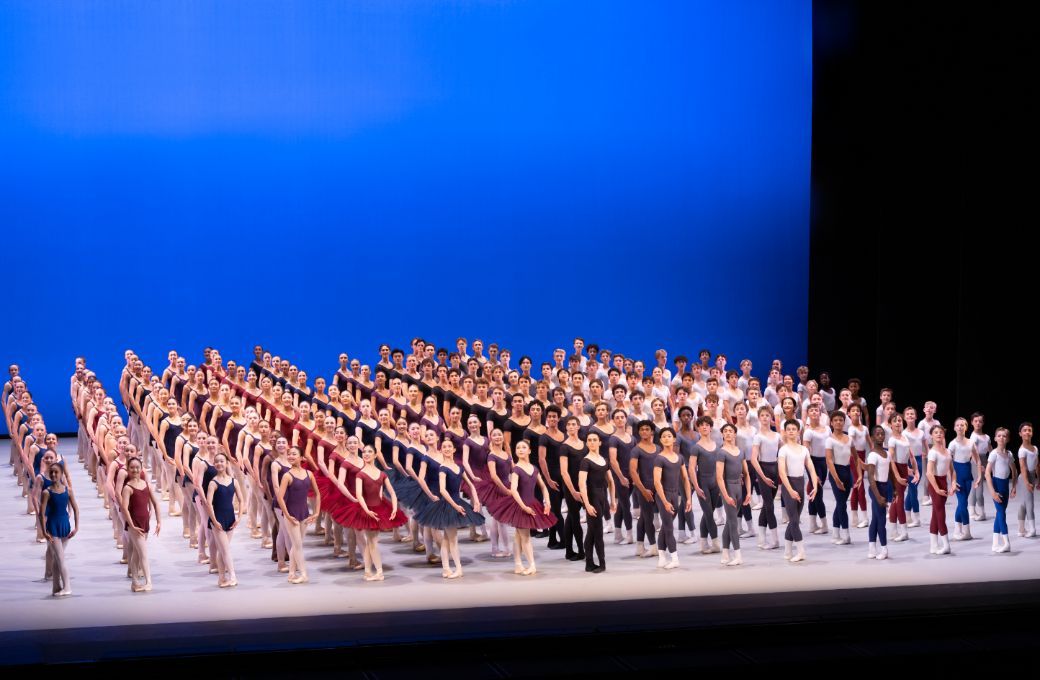The Royal Ballet School in London has announced it is to make changes to the way its youngest students will be trained from 2026. For students aged 11–12 (Year 7) and 12–13 (Year 8), the school plans not to take in students to train full-time or to board.

Introduced for Year 7 from September 2026, the plan is to extend this approach to Year 8 students from September 2027. The school plans to introduce enhanced national Associate centres and a new UK Scholars Programme, taking in students around the country.
The announcement coincides with extensive research on students’ lived experiences, conducted in consultation with senior teachers, healthcare, academic, pastoral, safeguarding, teacher training teams and mental health specialists.
In a statement, the school said: “This process has led us to conclude that, in our specific context, young dancers may benefit from more time to develop before entering full-time vocational training. Students who begin full-time training slightly later, when they are more physically and emotionally prepared, are more likely to thrive long-term, both in training and throughout their professional careers.”
The school confirmed that the changes being made were “not a response to any single case or report.” Earlier this year a financial settlement was reached with a former student who claimed that she had been body-shamed while training at the school, resulting in an eating disorder.
An investigation in 2023 by BBC’s Panorama spoke to more than 50 ex-students, at both the Royal Ballet School and Elmhurst Ballet School in Birmingham, who described a widespread “toxic” environment at both institutions.
“We believe that our youngest students would benefit from a more gradual, diversified approach to their training,” said Iain Mackay, who has just completed his first year as the Royal Ballet School’s artistic director, adding “we are committed to learning, reflecting on and evolving our training.”
The school plans not to reduce the overall number of students who train full-time. Rather, full-time places previously allocated to Year 7 and 8 students will be redistributed across the older year groups. The overall number of training places will be retained.
In place of full-time Year 7 training, the school plans a new “Mid Associate model across its growing network of national Associate centres.” Already trialled in London, the scheme promises a “specially developed ballet conditioning programme, repertoire weekends and bespoke development plans.”
Kevin O’Hare, director of The Royal Ballet said: “In the ever-evolving world of best practice in vocational dance training, this new initiative by The Royal Ballet School feels timely and appropriate. The changes announced today place the needs of young people at their heart and have been carefully considered by the internal leadership team in collaboration with experts in the wider ballet and education system.”
Director of Birmingham Royal Ballet, Carlos Acosta also approved of the developments, saying: “I very much look forward to witnessing the positive impact that these changes will have on students’ ballet training and academic studies, further enhancing the School’s historic capacity for continuing to produce the finest artists and well-rounded individuals for the dance sector and beyond.”


